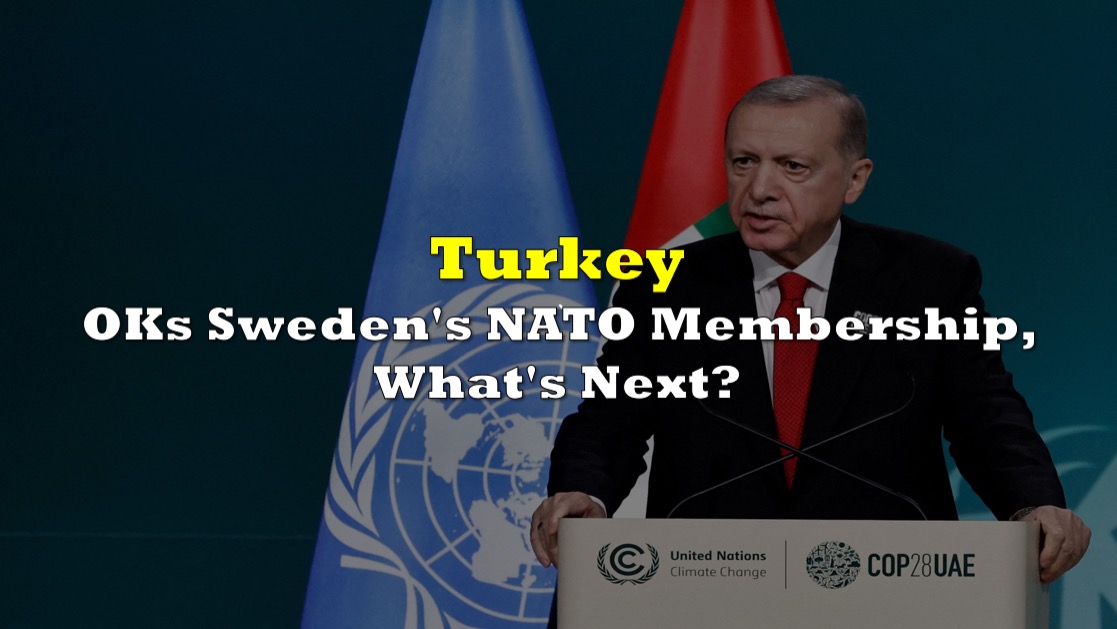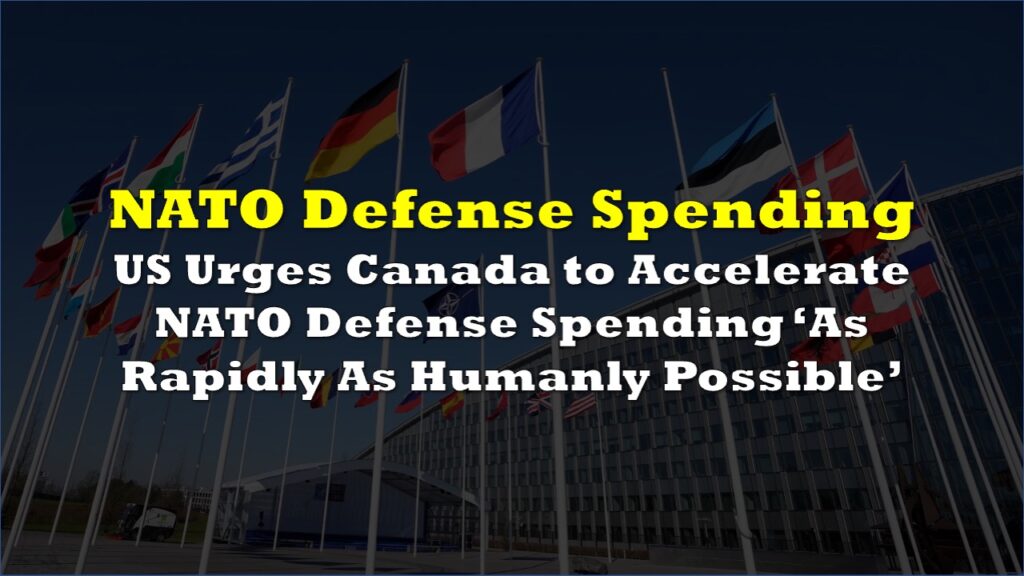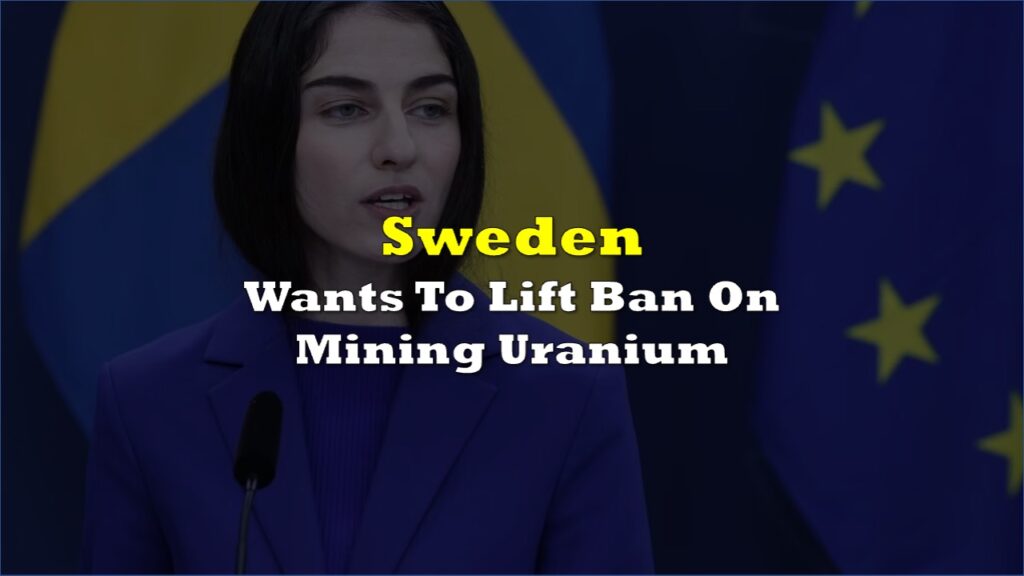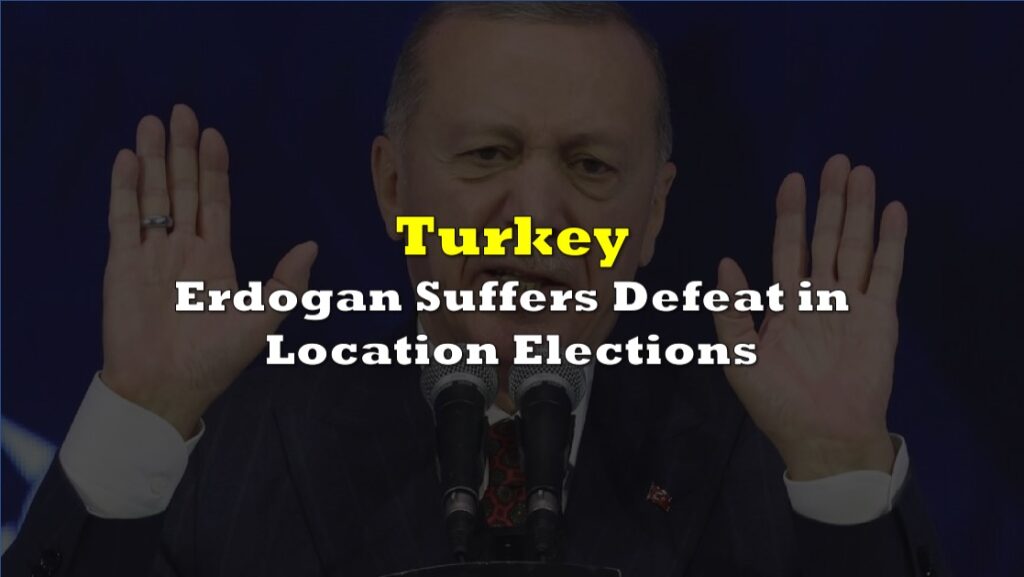Sweden has moved a step closer to joining NATO, as the Turkish parliament’s foreign affairs committee granted approval for the Nordic country’s membership protocol on Tuesday. While the decision signals progress, the road to full membership faces hurdles, with debates over security concerns and political maneuvering.
Turkish President Recep Tayyip Erdogan, who initially opposed Sweden’s NATO membership, dropped his objection during a NATO summit in July. However, the formal ratification process has taken several months, with the parliamentary committee recently giving the green light. The protocol now awaits approval from the full general assembly, and the timeline for the floor debate remains uncertain.
The shift in Sweden’s stance toward NATO comes in the wake of Russia’s invasion of Ukraine in February 2022. Both Sweden and Finland, abandoning their long-standing neutrality, sought NATO membership, with Finland becoming the alliance’s 31st member earlier this year.
Turkey’s initial resistance to Sweden’s NATO bid was rooted in concerns about the Nordic country’s perceived leniency towards individuals associated with groups like the Kurdistan Workers’ Party (PKK) and alleged links to the 2016 coup attempt. Last year, a security agreement between Turkey, Sweden, and Finland addressed Ankara’s worries, prompting Sweden to tighten its anti-terrorism laws.
However, anti-Turkey and anti-Islam protests in Stockholm, including Quran burnings, strained relations. Despite condemnation from the Swedish government, Turkey criticized Sweden for allowing displays of anti-Muslim sentiment, citing the protection of free speech under Swedish law.
The turning point in Turkey’s approval came with Sweden’s strengthened anti-terrorism laws and NATO’s commitment to address Turkey’s concerns. Assistant Secretary General Tom Goffus was appointed as a special coordinator for counterterrorism. Additionally, Sweden pledged active support for revitalizing Turkey’s EU accession process and sought improved customs arrangements and visa-free European travel for Turkish citizens.
The approval by the parliamentary committee sets the stage for Sweden’s accession protocol to be debated and ratified by the general assembly. President Erdogan’s ruling party holds a majority in the 600-seat parliament, but the decision rests with lawmakers. Nationalist allies express unease, while Islamist parties frustrated with perceived Western silence toward Israel’s actions in Gaza may vote against the bill.
Meanwhile, Hungary, the only other NATO holdout on Sweden, led by Prime Minister Viktor Orbán, has delayed Sweden’s NATO bid since July 2022. Allegations of “blatant lies” about Hungary’s democracy have been raised, but the specific redress needed remains unclear. Some speculate Hungary is leveraging its potential veto to gain concessions from the EU, which has frozen funds to Budapest over rule of law concerns.
Despite the uncertainty in Hungary, Ankara’s move towards ratification suggests that further delays may be limited. Opposition politicians in Hungary believe that once Turkey approves Sweden’s bid, Orbán’s party will follow suit. The international community awaits the outcome of these deliberations, as Sweden inches closer to NATO membership amid geopolitical complexities.
Information for this briefing was found via AP News and the sources mentioned. The author has no securities or affiliations related to this organization. Not a recommendation to buy or sell. Always do additional research and consult a professional before purchasing a security. The author holds no licenses.










One Response
Absolute nonsense. Turkey has not done anything, except bomb more hospitals in Rojava. Turkey = ISIS.